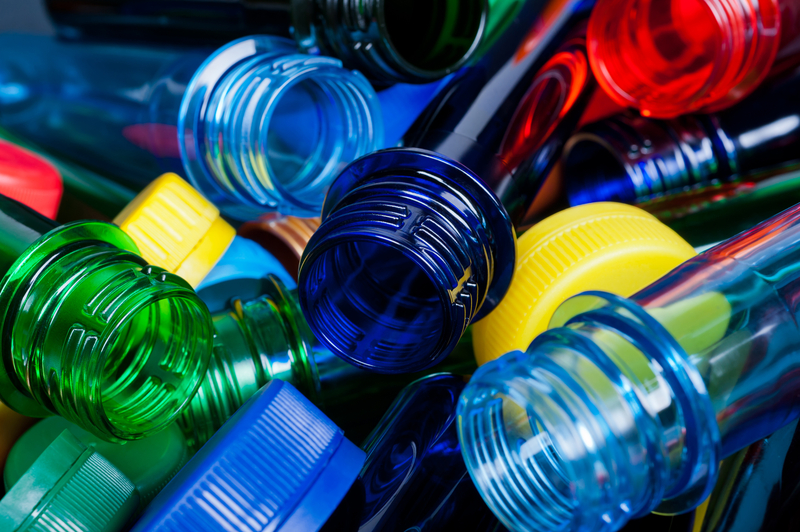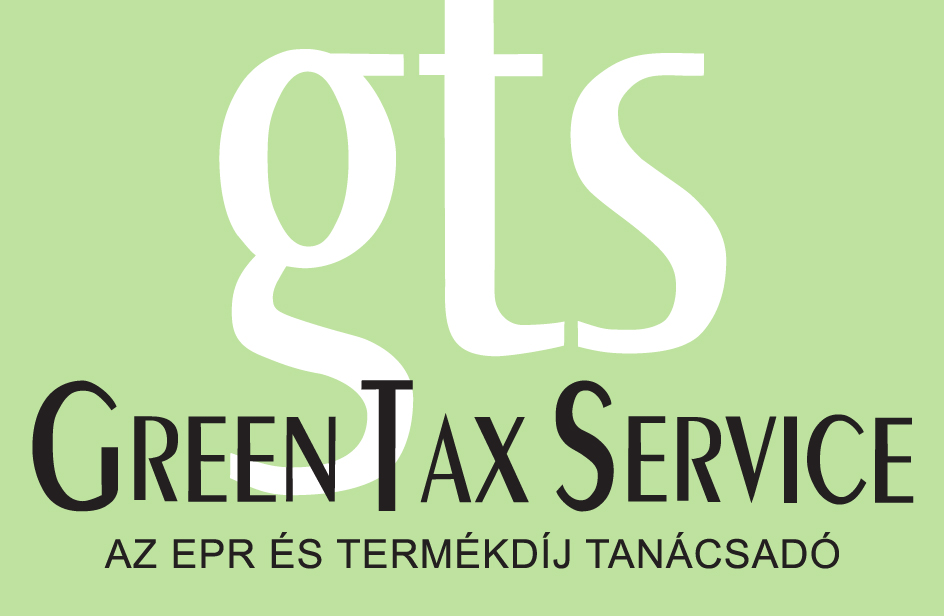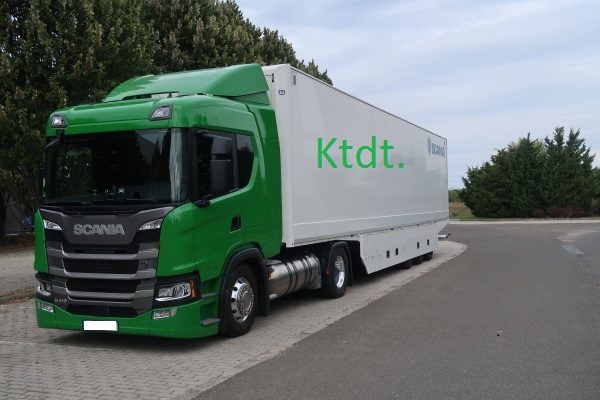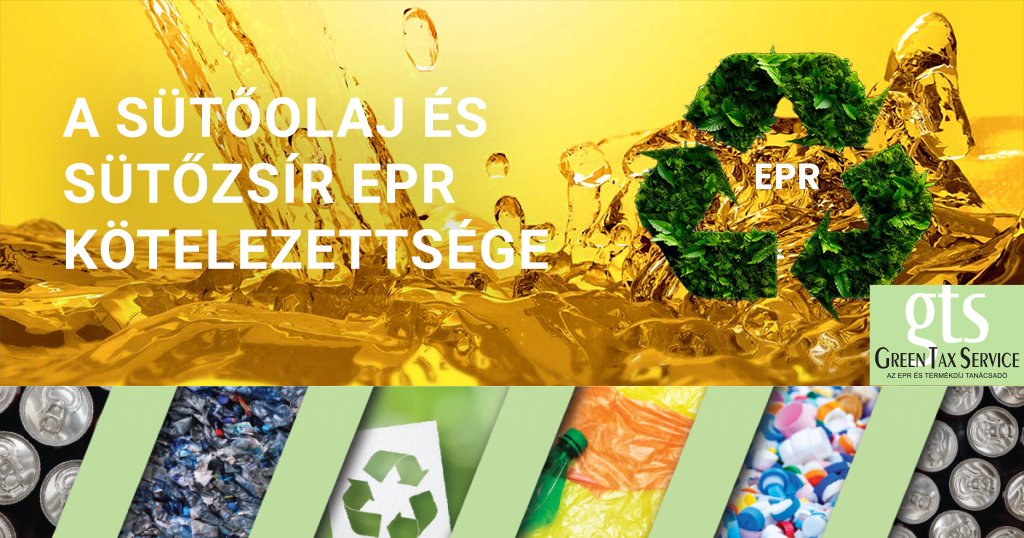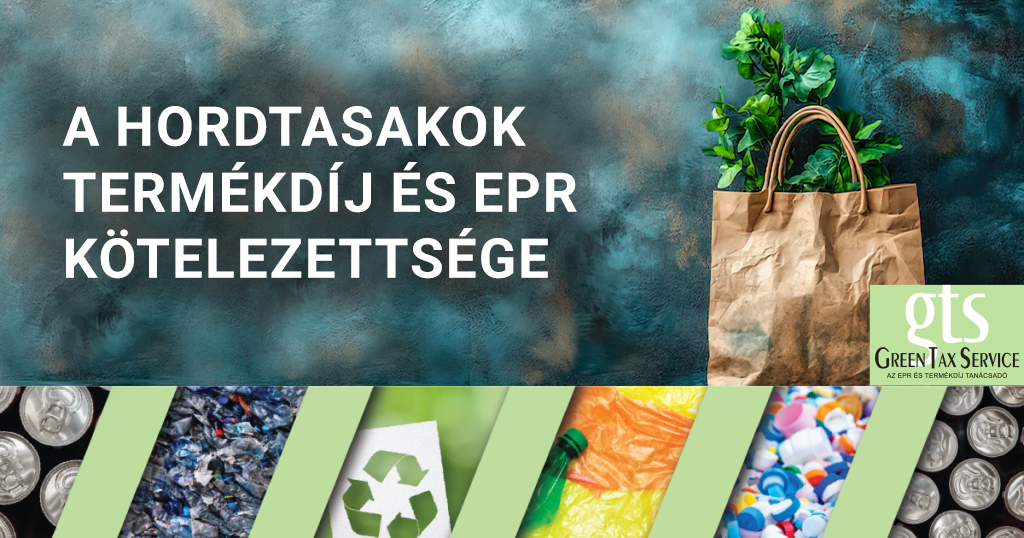
A termékdíj kötelezettség az importáló, EU-ból terméket behozó cégeknél
Miért jelenthet időzített bombát az importáló, terméket behozó vállalkozások számára a környezetvédelmi termékdíj? Sajnos a válasz egy mondatban, mert a jogszabály már-már követhetetlenül szerteágazó és mindemellett magas mulasztási – és termékdíj bírság tételeket határoz meg. Most vizsgáljuk meg sorban a legfontosabb előírásokat. Jelen cikkünk célja a legfontosabb szabályok ismertetése, megkongatva a vállalkozásoknál azt a vészharangot, hogy ezzel az adóval mélységében foglalkozni kell.
Aki külföldről közvetlenül behoz bármit, azt biztosan érinti ez a jogszabály, teljesen függetlenül attól, hogy mi maga a termék, ugyanis az jó eséllyel be van csomagolva. Rögtön vizsgáljuk is meg, hogy mi minősül termékdíjköteles terméknek. Szám szerint 9 darabot határoz meg a jogszabály, melyek a következőek: akkumulátor; a csomagolószer; az egyéb kőolajtermék; az elektromos, elektronikai berendezés; a gumiabroncs; a reklámhordozó papír; az egyéb műanyag termék; az egyéb vegyipari termék; az irodai papír. Fontos szabály, hogy ha más termék tartozékaként vagy alkotórészeként megjelenik termékdíjköteles termék, az után is fennáll az érintettség. Maga a kötelezett „adóalany” tehát az első belföldi forgalomba hozó, saját célú felhasználó, vagy a készletre vevő. Ebből tisztán látszik, hogy nem csak a gyártókat, de az importálókat, közösség területéről beszerzőket is egyaránt érinti a kötelezettség, ugyanis a behozó a gyártóval esik egy tekintet alá.
A fő szabályok megértése nem különösen nehéz, a bonyolultságot az adja például, hogy egy bevallásban a jogszabálynak megfelelően úgynevezett Csk vagy KT kódok szerint kell azonosítani a terméket. Néha nem is kell mélységi elemzést végezni egy vállalkozásnál, mert ránézésre látszik, hogy nincs minden rendben, csak elegendő magát a bevallást és az analitikát megtekinteni, és az abban lévő kódok és a kérdésekre kapott válaszok alapján már pöröghet is a büntetési szorzó….. Olyan tipikus válaszokkal találkozunk mindennapi munkánk során, hogy a „könyvelőnk nagyon profi, intéz mindent”, de nézzük meg, hogy mi mit látunk. A jéghegy csúcsát megkapirgálva rögtön látszik, hogy ugyan a könyvelő természetesen tényleg profi, mondjuk áfában, SZJA-ban, egyéb adókban, de sajnos termékdíjban közel nem. De mi nem ellenük, hanem velük együtt, az ügyfél érdekében dolgozunk.
De egyébként is, miért is várnánk el, hogy a könyvelő mindenhez értsen, amikor ez egy külön szakma??? OKJ képzésen oktatjuk, a szakképesítés telje neve: Vám-, jövedéki- és termékdíj ügyintéző. A termékdíj ügyintézők hulladékgazdálkodási ismereteket is tanulnak, a könyvelőkkel ellentétben, ezáltal tudják, hogy ha az import termék elektromos és elektronikai berendezés, világít, elemet vagy akkumulátort is tartalmaz, akkor további teendők is felmerülnek a termékdíjon túl, az úgynevezett szakági jogszabályok alapján, külön kormányrendeletben meghatározottak szerint. A könyvelők vámtarifa ismeretekkel sem rendelkeznek jellemzően, pedig a kötelezettséget a cikkek vámtarifa száma nélkül nem lehet megállapítani, sőt, ha a beszállító rossz vtsz. számot határoz meg, az önbevallás szabályai miatt az után is bennünket terhel a felelősség.
A kötelezettség megállapításának további gátja, hogy sok esetben téves információ birtokában vannak a vállalkozások, mint például, hogy a vámolás során már a hatóság kiszabta a környezetvédelmi termékdíjat. Nem, ez nem igaz, 2010-óta a vámeljárás során NEM szabják ki a termékdíjat, arról önbevallás útján kell gondoskodni. Ugyan ilyen sztereotípia, ami a közösségi beszerzéseket illeti, hogy én már uniós államból szereztem be, már más megfizette helyettem a termékdíjat. Na, ez sem igaz! Ugyan Uniós irányelv húzódik a háttérben, de mégis nemzetállami szinten kell az előírásoknak megfelelni, tehát a magyarországi első adóalany válik kötelezetté, amennyiben a terméket belföldön eladja, vagy saját maga felhasználja. És itt álljunk is meg…..ha magunknak hozunk be külföldről terméket, a kötelezettség ebben az esetben is fennáll. És ilyenkor szokott a vezérhangya beindulni, de hát én hoztam be külföldről magamnak egy gyártó gépet…..Kötelezett vagyok? A válasz ismételten igen.
A jogalkotói szándék végeredményében az, hogy a vélhetően belföldön hulladékká váló cikkek után keletkezzen a kötelezettség, pénzügyi forrást teremtsen a hatékony visszagyűjtési, hasznosítási rendszer működtetésének érdekében. Az lenne a cél, hogy a termékek ne a lerakón, vagy az égetőben végezzék, hanem másod nyersanyagként a kőrforgásos gazdaság során vissza kerüljön a gyártási ciklusba, minél többször.
Ezt az adónemet (díjat) a Nemzeti Adó és Vámhivatal ellenőrizheti, az elévülési időn belül, ami az általános szabályok szerint 5 év. Az adóbírság, az adóhiány 100% is lehet, a mulasztási bírság akár 500 000 Ft, amit ráadásul több jogcím alapján is ki lehet szabni a mulasztást elkövető vállalkozásokra. Mindezek alapján látszik, hogy a magas büntetési szankciók elkerülése (mag végeredményében a környezetünk védelme) érdekében mégiscsak érdemes szakcéget igénybe venni, mélységében foglalkozni a jogszabálynak való megfeleléssel.
Nyilatkozat
A GREEN TAX SERVICE Kft. kijelenti, hogy a tájékoztató összeállítását a termékdíjra vonatkozó jogszabályok szerinti előírásoknak megfelelően teljesítette. A mindenkor elvárható gondossággal és körültekintéssel, a szakmai standardok betartása szerint járt el.
Jelen összefoglaló nem tartalmazza a teljes termékdíj törvény és annak végrehajtási rendeletében előírt szabályozást. Célja nem a teljes körűség és a jogi normák hivatkozásainak pontos idézése, hanem gyakorlati iránymutatást tartalmaz, melynek elsődleges célja, hogy az összefoglaló közérthető legyen.
A GREEN TAX SERVICE Kft. tájékoztatja az olvasót, hogy a jelen összefoglalóban leírt megállapítások, vélemények, javaslatok jogalkalmazói értelmezését, gyakorlatát és szakmai véleményét tükrözi, melyek szakmai véleménynek, ajánlásnak, iránymutatásnak minősülnek, de jogi kötőerővel a jelen összefoglalóban foglaltak nem rendelkeznek. A GREEN TAX SERVICE Kft. az esetleges hibákért, hiányosságokért a felelősségét kizárja.
A GREEN TAX SERVICE Kft. nem rendelkezik hatáskörrel a jogszabályok értelmezésére, a jelen összefoglalóban foglaltak szakmai véleménynek minősülnek, melyek egy esetleges jogvitában a bíróságokat, hatóságokat nem köti.
